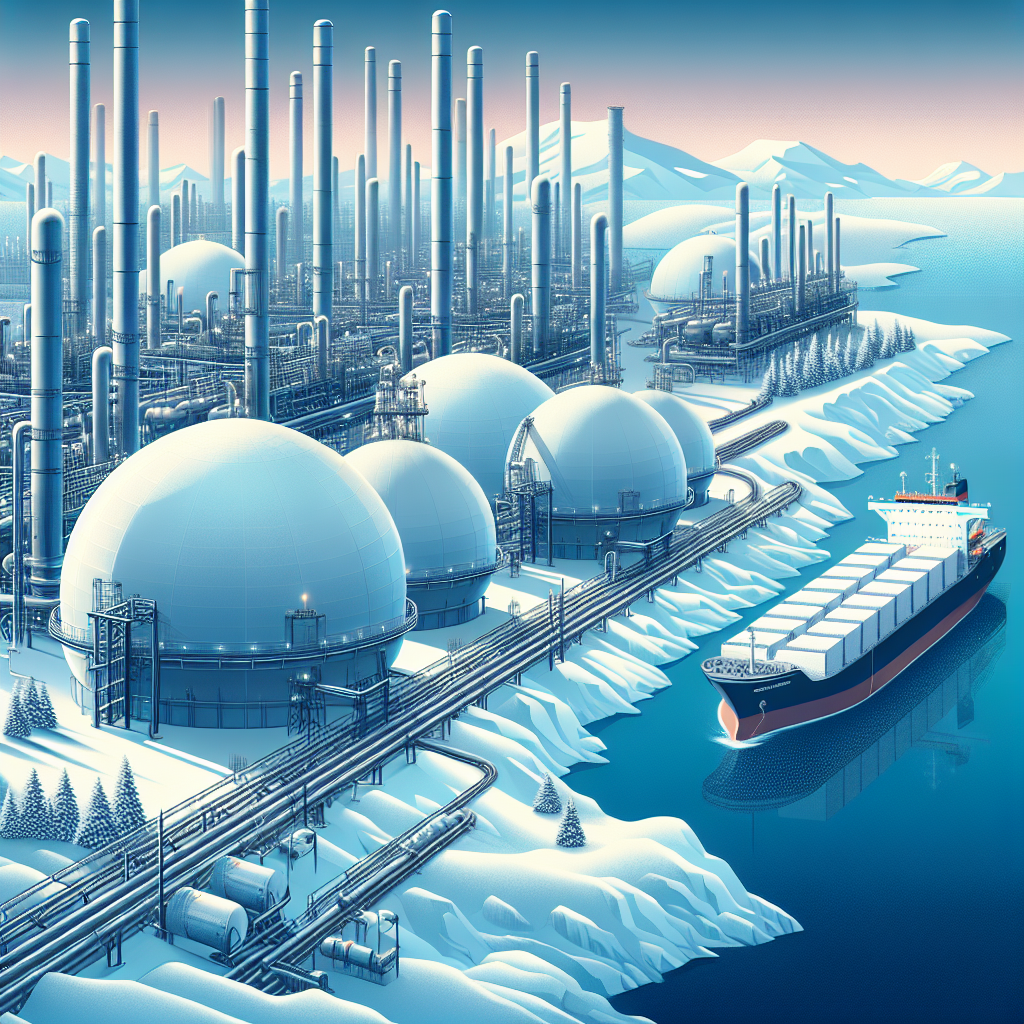EU Tightens Grip with Russian LNG Re-Export Ban
The EU's ban on re-exporting Russian LNG via its ports, set to reduce Moscow's revenues post-Ukraine invasion, came into effect. Current trans-shipments to Asia via EU ports are minimal, and the ban may have limited impact. Russia remains a dominant LNG exporter with significant shipments still entering Europe.

The European Union has implemented a ban on the re-exportation of Russian liquefied natural gas (LNG) through its ports. This move targets reducing Moscow's financial resources following the invasion of Ukraine, effective this week.
While the EU imposed this ban initially in June 2024, a grace period extending until March 2025 has been given for contracts established before June 25 of the previous year. Industry specialists note that the ban may not substantially affect Russian LNG, as less than 10% of its exports involved EU ports and would likely be redirected within Europe.
Russia stands as the fourth-largest LNG producer globally, with 2024 exports reaching 34.7 million metric tons. Despite increased imports into the EU, efforts to diminish dependency on Russian gas by 2027 are underway. Ice-breaking vessels play a crucial role in transferring gas during harsh conditions, with Belgium and France serving as the main trans-shipment hubs.
(With inputs from agencies.)
ALSO READ
Ironclad Guarantees: Russia's Demands in Ukraine Peace Deal
Trump Takes Diplomatic Lead in Ending Ukraine Conflict
Trump says he will speak to Putin on Tuesday as talks continue over potential end to war in Ukraine, reports AP.
Digital Trenches: The Online Battle Over Ukraine's Narrative
Hope for Peace: Trump and Putin's Path to Ending the Ukraine Conflict










